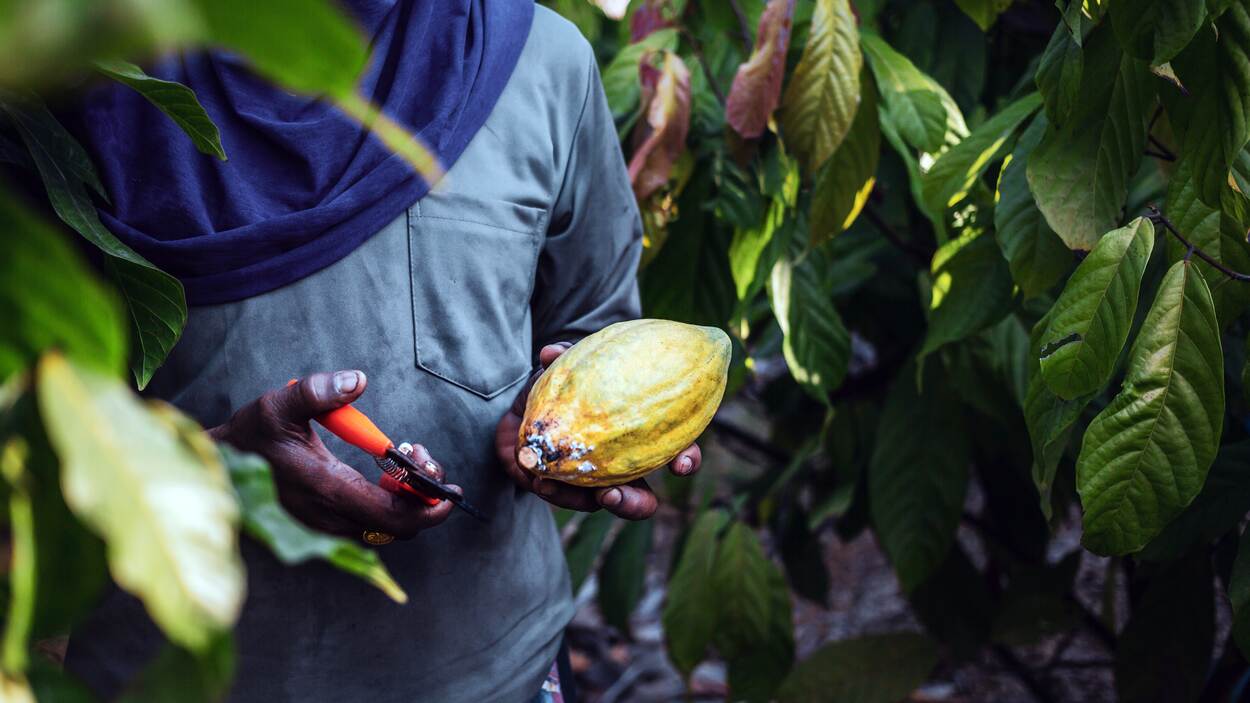
LNV Attaché Network showcases deforestation-free practices and initiatives in 17 countries

LNV Attaché Network showcases deforestation-free practices and initiatives in 17 countries
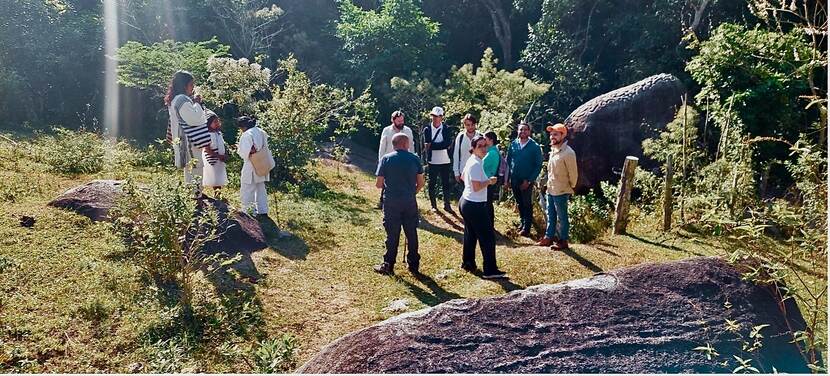
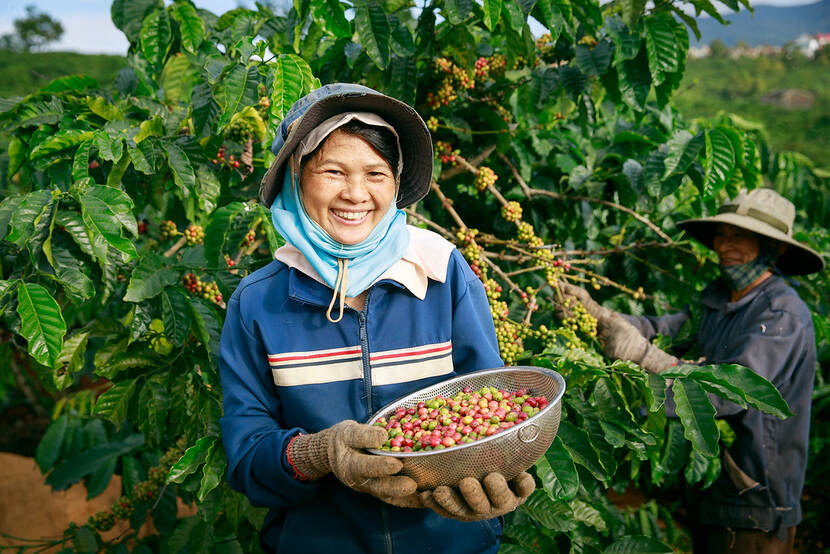
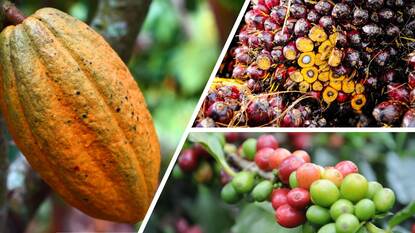
As the EU’s largest importer and processor of commodities falling under the EU regulation on deforestation-free products (EUDR), the Netherlands plays a key role in global supply chains.
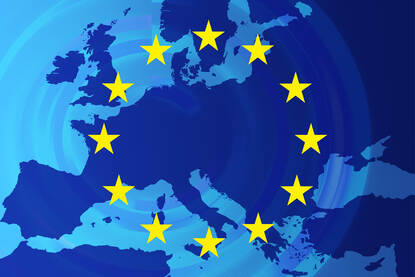
The purpose of the European Union's Deforestation Regulation (EUDR) is clear: reducing deforestation and forest degradation that are caused by the European Union's (EU) production and consumption.
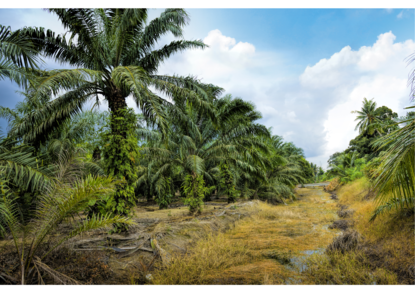
As global deforestation continues to grow at an alarming rate, the European Union (EU) has implemented the EUDR, a stringent measure mandating that all commodities such as soy, cocoa, coffee, beef, palm oil, rubber, or wood entering or leaving the EU must be certified as not contributing to recent deforestation or forest degradation.
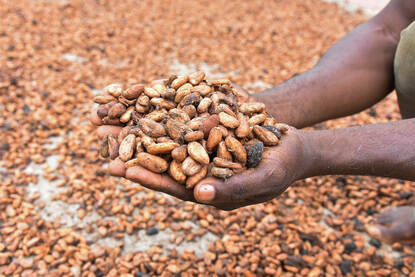
Gert van der Bijl of Solidaridad and Matthew Spencer of IDH highlight the implications and operational challenges of the European Union's Deforestation Regulation (EUDR).
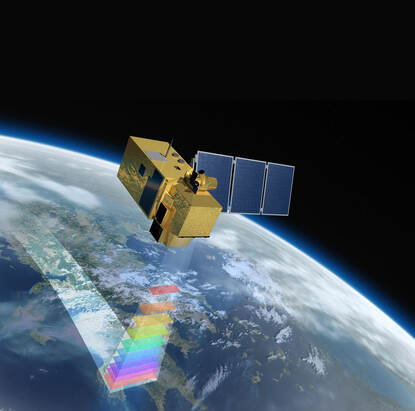
As global efforts intensify to halt deforestation, the Netherlands Space Office (NSO) leverages satellite technology to enhance compliance with the European Union's Deforestation Regulation (EUDR).

In Côte d’Ivoire (CDI), extensive deforestation driven by agricultural expansion and illegal mining threatens vital ecosystems, with 90% of natural forests lost since 1950.
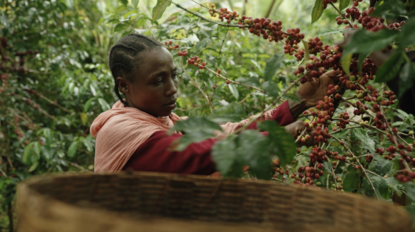
Ethiopia's coffee sector confronts significant hurdles due to the European Union's Deforestation Regulation (EUDR).
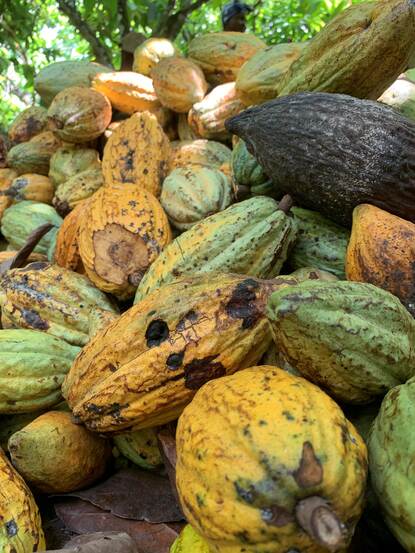
If you mention the European Union’s Deforestation Regulation (EUDR) in Ghana, there is a high chance you will see a worried or confused look on the face of the person you are talking to.
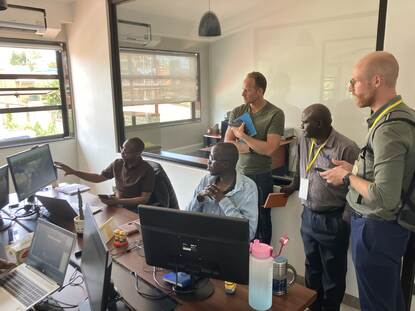
As Uganda faces rapid deforestation, with forest coverage dropping from 54% in 1900 to just 12.5% in 2020, the European Union’s Deforestation Regulation (EUDR) poses new challenges and opportunities for the nation's vital coffee sector.
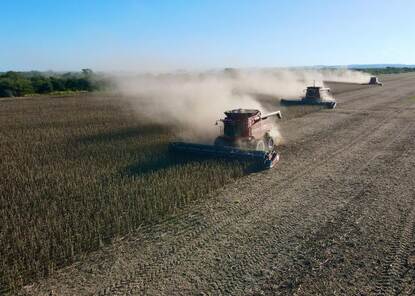
The European Union's Deforestation Regulation (EUDR) promises a significant shift in the global agricultural landscape.
The high level of required transparency by the Deforestation Regulation (EUDR) presents both opportunities and challenges. Even for a country like Brazil, which has a long history of transparency in its supply chains, it will be a test.
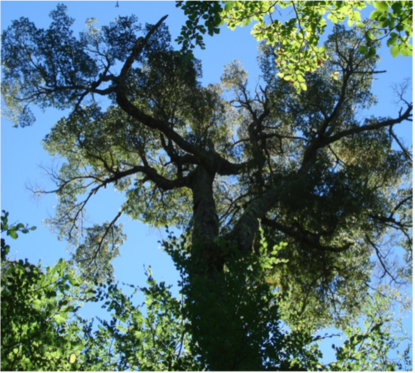
The European Union's Deforestation Regulation (EUDR) will encourage Chilean companies to improve their transparency, traceability, and accountability.

Coffee, cacao, and palm oil are integral to the Colombian economy. As many livelihoods depend on these products, the EU Deforestation Regulation (EUDR) could have serious consequences for many Colombians.

The European Union’s Deforestation Regulation (EUDR) will strongly affect the US and Canada.
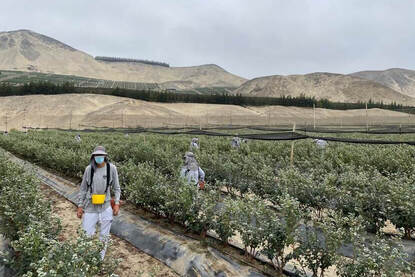
As a major producer and trader of coffee and cocoa on the world stage, Peru faces important challenges in adapting to the European Union’s Deforestation Regulation (EUDR).
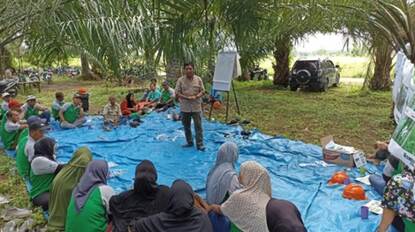
The Netherlands has had a long-standing cooperation with Indonesia and Malaysia and is involved in facilitating a sustainable palm oil sector in both countries.

Thailand is actively preparing for the European Union’s Deforestation Regulation (EUDR).

In its efforts to comply with the European Union’s Deforestation Regulation (EUDR), Vietnam faces challenges with location data, traceability, forest monitoring systems, and deforestation-free supply chain management.
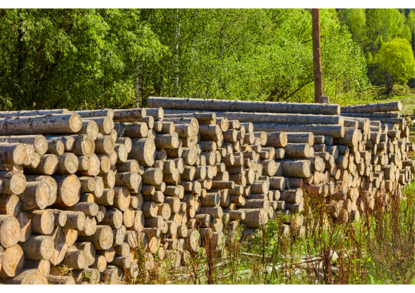
Belgium ranks among the top three importers and exporters in the European Union (EU) of key deforestation-linked commodities, such as coffee and cocoa.
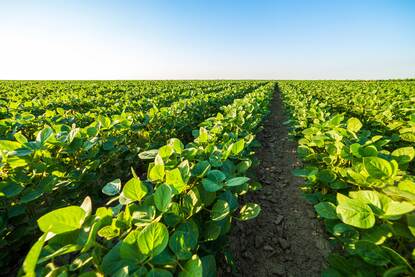
Serbia is a significant soybean producer in the European Union’s (EU) backyard. Around 70-80% of the total annual production is exported to the EU with an export value of over 100 million euros.